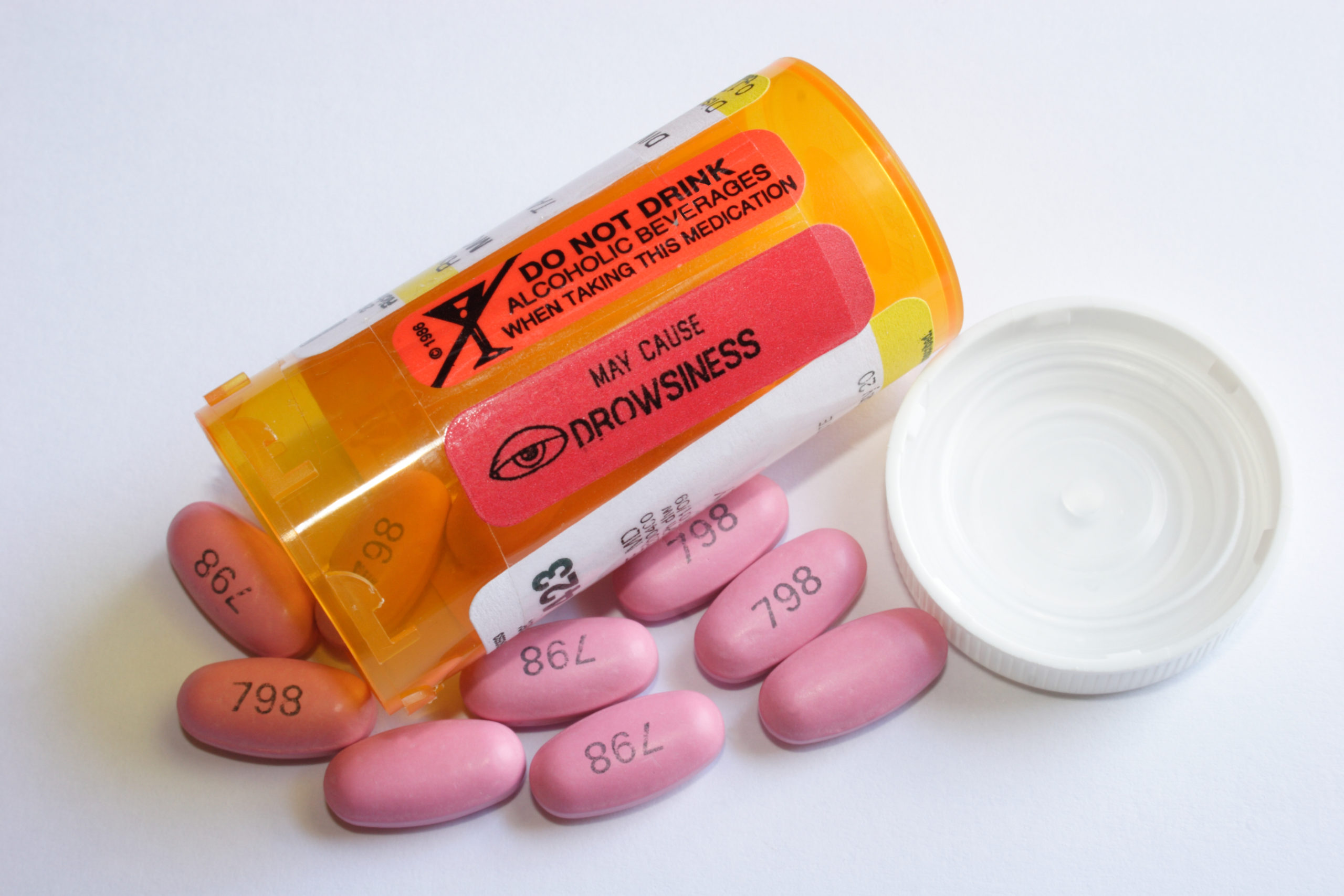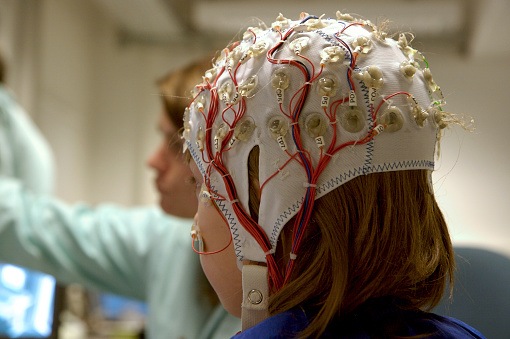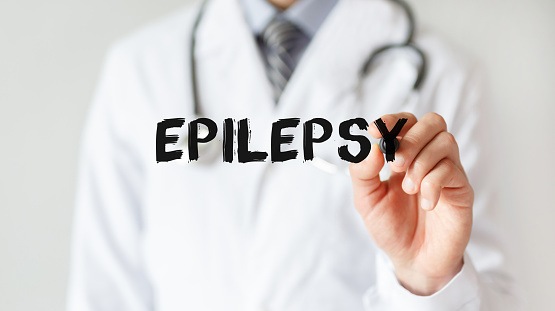
Authors noted that approximately 20% to 40% of patients with generalized convulsive status epilepticus (GCSE) have uncontrolled symptoms despite receiving guideline-recommended care. Researchers conducted a study to evaluate if complementary treatment with valproic acid (VPA) could improve outcomes in this population.
According to the team’s report, VPA was well-tolerated but it did not significantly improve the primary end point of hospital discharge rate by day 15, nor secondary end points of seizures, adverse events, and cognition at day 90. The study’s findings were published in Critical Care.
Adjuvant VPA Treatment With Standard GCSE Care
The investigators enrolled 244 adults admitted to an intensive care unit (ICU) for GCSE between 2013 and 2018. All patients received the recommended treatment of stepwise benzodiazepines followed by an anti-seizure medication that was not VPA.
After randomization, 126 patients received a loading dose of 30 mg/kg adjuvant VPA followed by a 12-hour infusion at 1 mg/kg per hour, and 118 patients received an identical intravenous administration of 0.9% saline as placebo.
A total of 77 (61%) out of 126 patients in the VPA group and 72 (61%) out of 118 in the placebo group were discharged alive at day 15 (risk ratio [RR], 1.04; 95% CI, 0.89-1.19; P=.58). The in-hospital mortality rate was 6% in the VPA group and 2% in the placebo group (P=.18). The most common cause of death was brain tumor, which was more frequent in the VPA group.
Ultimately, the study’s authors summarized that adjuvant valproic acid was well tolerated, but was “not associated with a significant impact on hospital discharge or evolution towards refractory or super-refractory status epilepticus in patients admitted to an ICU for GCSE.”
Find More Recent Studies in Neurology







 © 2025 Mashup Media, LLC, a Formedics Property. All Rights Reserved.
© 2025 Mashup Media, LLC, a Formedics Property. All Rights Reserved.